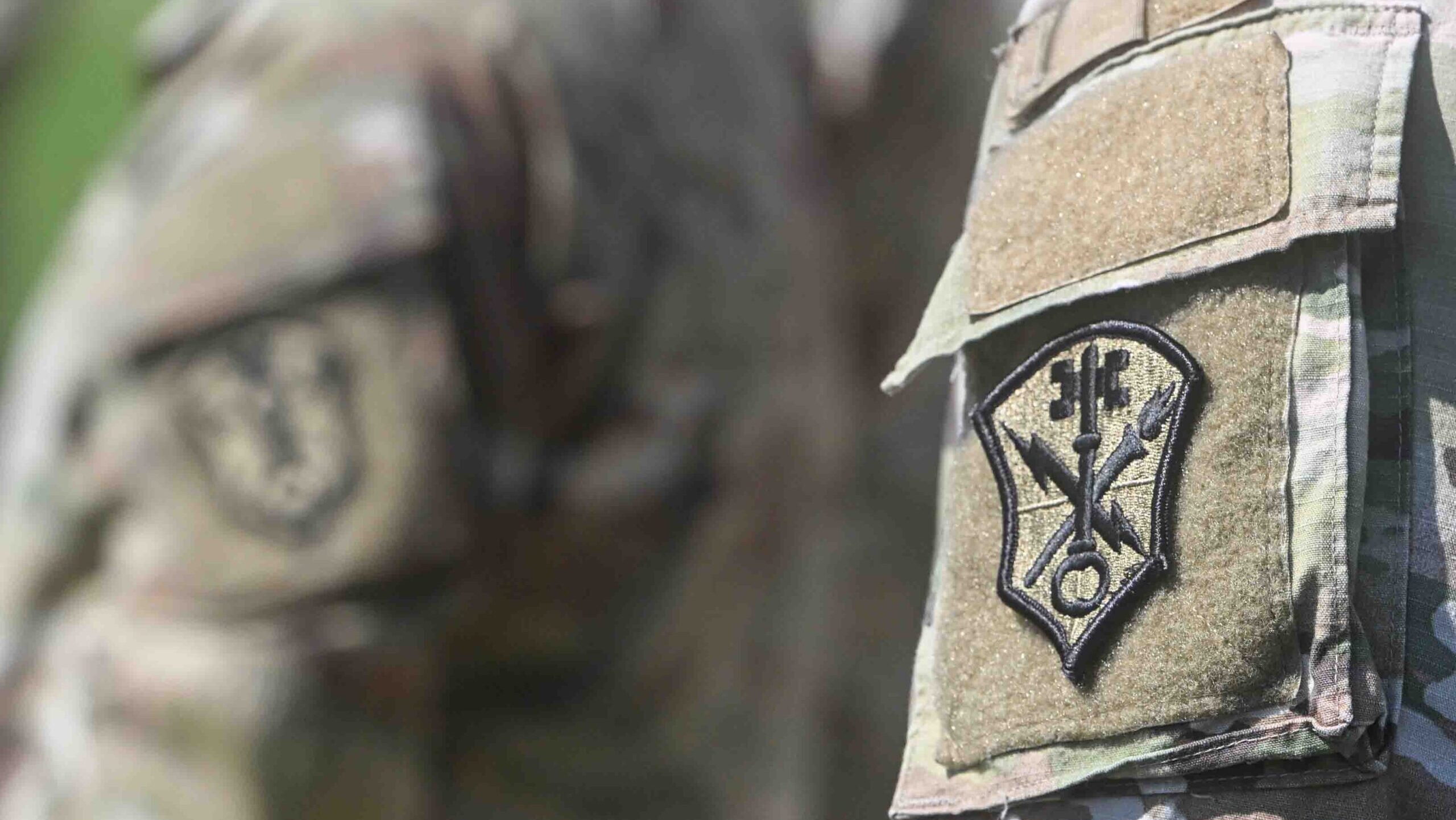Copyright Breaking Defense

WASHINGTON — New legal powers for Army counterintelligence agents, expected to enter into force by the end of the year, should enable them to make dramatically more arrests in 2026, Army officers said. “I expect that authority to come from the Attorney General by the end of the year,” Lt. Gen. Anthony Hale, the Army’s deputy chief of staff for intelligence, told reporters at AUSA 2025 last week. “I know exactly where it is in the process. I track it every day.” Since Army Counter Intelligence Command (ACIC) stood up in December 2021 — evolving out of a smaller outfit called the 902nd Military Intelligence Group — it has conducted over 650 national security investigations, said deputy commander Col. Richard Dempsey. Over 200 of those investigations are ongoing. But in ACIC’s almost four years in operation, its agents have made only 25 arrests. Why is that number so small? Part of the reason is ACIC only directly controls a fraction of the Army’s 3,000 counterintelligence agents. But, Hale and Dempsey said, the larger issue is that all those CI agents, whether they work for ACIC or not, currently lack the legal authority to make arrests — or execute warrants, or conduct searches — outside an Army base. Since most soldiers and Army civilian servants only come on base to work, but live outside the gate, Army CI has to call in other agencies. But without the power to conduct searches off base, Army CI often struggles to gather enough evidence to convince those other agencies to help, creating a Catch-22. These reforms are intended to better protect the service’s secrets at a time when it’s urgently introducing new technologies — and being increasingly targeted by sophisticated nation-states that approach young soldiers online to solicit classified information. “China, Russia, Iran and North Korea … they’re collaborating in ways we have not seen ever before,” Hale warned during a panel at the Association of the US Army annual meeting. “The threat is among us,” added Special Agent Scott Grovatt, who’s served 31 years in Army counterintelligence. “In the crowd here at AUSA, the adversary may be standing right next to you. When you look at the technology you see on this floor, they are here to copy, steal, mimic, reverse engineer.” To protect the conference, Grovatt went on, “we flood the zone … we have dozens of agents here.” But defense trade shows like AUSA are just one of the venues where foreign intelligence tries to recruit Americans with insider information. “We have soldiers who are digital natives; they spend a lot of time on a device … in spaces like LinkedIn, Indeed, Reddit. That is where our soldiers are being targeted every single day,” Grovatt said. “They’re getting lured into possibly committing espionage, and they don’t even know it, because our adversary is that sophisticated.” One common tactic, he said, is for enemy agents to pose as researchers and offer to pay cash-strapped soldiers to write “white papers” on some new piece of technology issued to their unit. “We can’t make an arrest off post, so we would have to work with another law enforcement agency — normally, the FBI, sometimes CID, [Army] Criminal Investigation Division,” Hale told reporters after his AUSA panel. “[But] a lot of the cases that we have right now may not gain the interest of a law enforcement agency because we haven’t found the critical information that we need.” Those legal restrictions are about to go away. “I always want to partner with another law enforcement agency” where possible, Hale said, but new legal authorities will give Army CI the ability to act alone where it needs to. In the National Defense Authorization Act of 2025, he went on, “we got US Code Section 7377 authorities, which gives our civilian agent authority to conduct searches, execute warrants and make arrests off the installation.” While passed into law by Congress in late 2024, the specifics of how to implement them had to get successively vetted by the Army Secretary, the Under Secretary of Defense for Intelligence & Security, the Secretary of Defense, and finally the Attorney General. That process, Hale said, is now almost complete. When those new powers go into effect, he went on, “[they] will help us clear some of the backlog of cases or investigations that we’re doing right now.”



